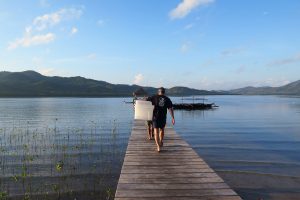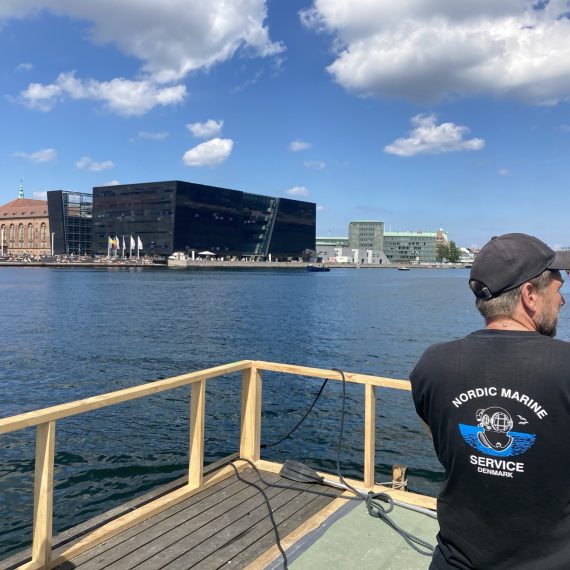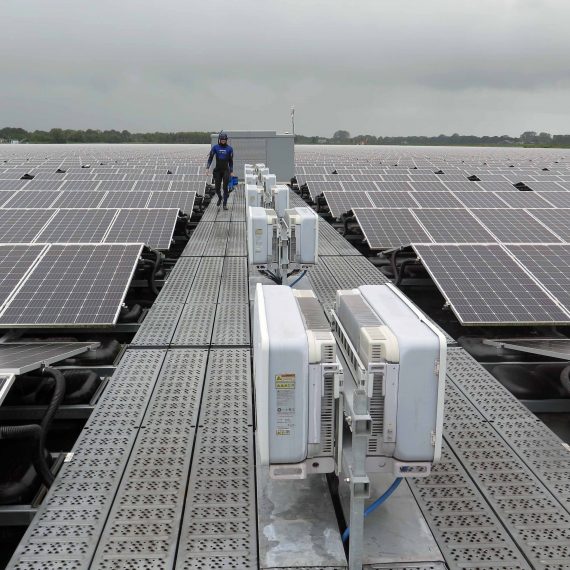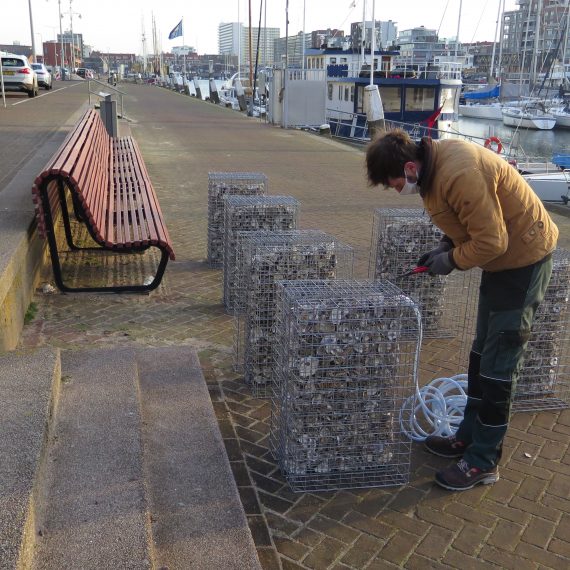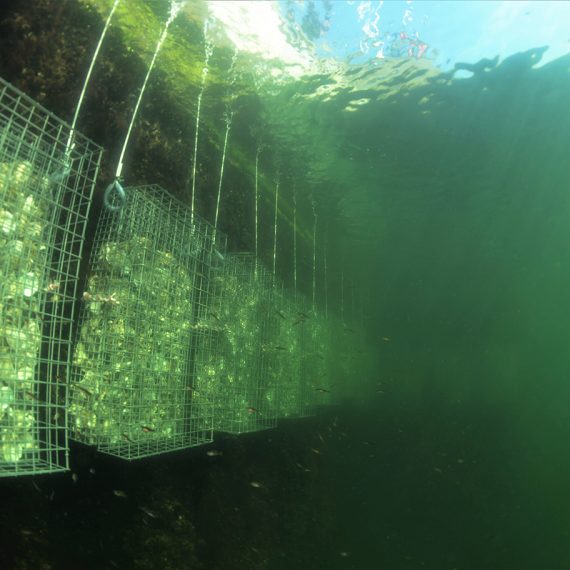Project PANGATALAN – Philippines (ongoing)
Pangatalan island project for the SULUBAAI foundation
Development of PCC for community aquaculture and reef restocking of juveniles
In addition to coral restoration, in order to fight against environmental depletion and to support the recovery of fish and invertebrate stocks in protected areas, post-larval capture, culture, and release of juveniles of all reef species will be carried out by Ecocean according to the Post-larval Capture, Culture & Release (PCC-R) method that Ecocean’s partner has scientifically validated over the past few years (PCC-R – scientifically validated over the past few years).
Since April 2018, Ecocean has been supporting the foundation on this issue: the company provided 3 capture gears (light attractors named CARE), as to test the efficiency of the captures over a whole year, in this particularly rich area, and trained a person locally to collect. Since then, the Foundation has been regularly collecting post-larvae. The breeding and restocking parts are not developed in this first phase. However, all the post-larvae collected during the last year are counted, identified, and then released in the Pangatalan Marine Protected Area.
The results to date are extremely promising, the abundance and diversity of recruits being particularly important in the bay. Thus, in 6 months, the average per gear and per night is 100 port-larvae: this is 3 times more than in Fiji, 5 times more than in the Southern Philippines (ECOCEAN NFWF Project 2011-2012), and 50 times more than in the Mediterranean (ECOCEAN CasCioMar Project and ORREA 2016-2019). The catches are made of 70% larvae of food fish species: Siganidae (63% of the catches), Lethrinidae, Lutjanidae, and Mullidae.
The activity, already tested in many countries in the world, is particularly interesting in the Philippines and in Pangatalan which is located in the center of dispersion of the reef biodiversity. The potential of species is therefore high (>1500 species).

